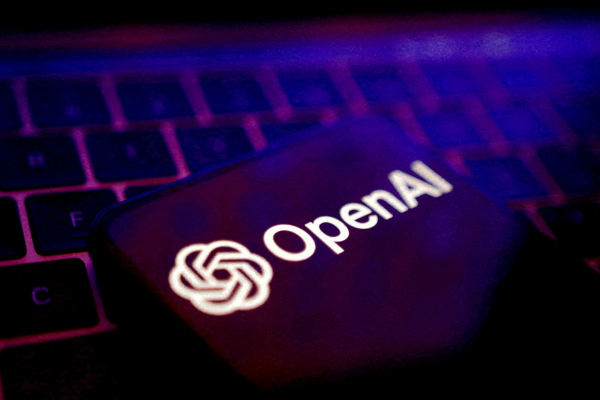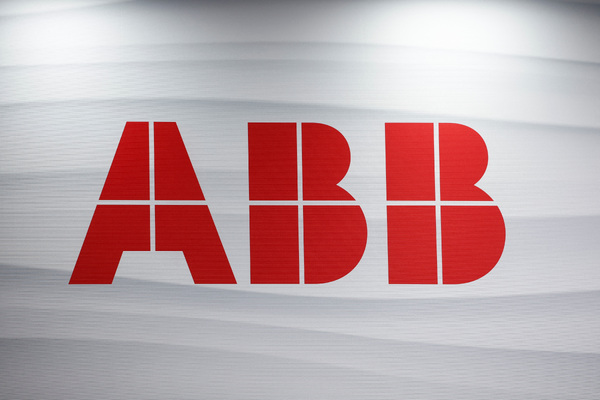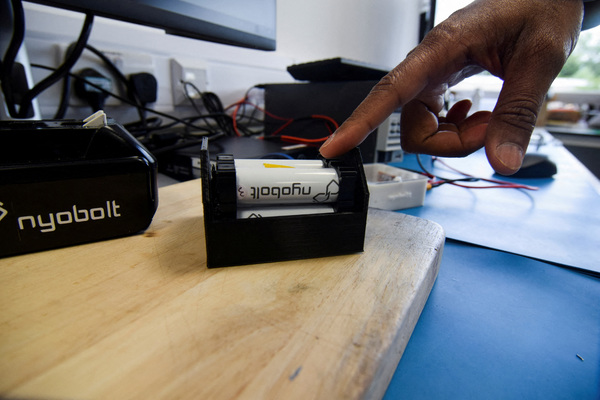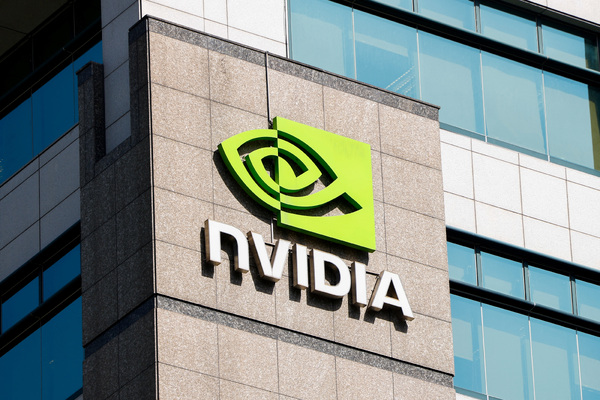Why AI could be your next best career mentor
Sponsored by Cornerstone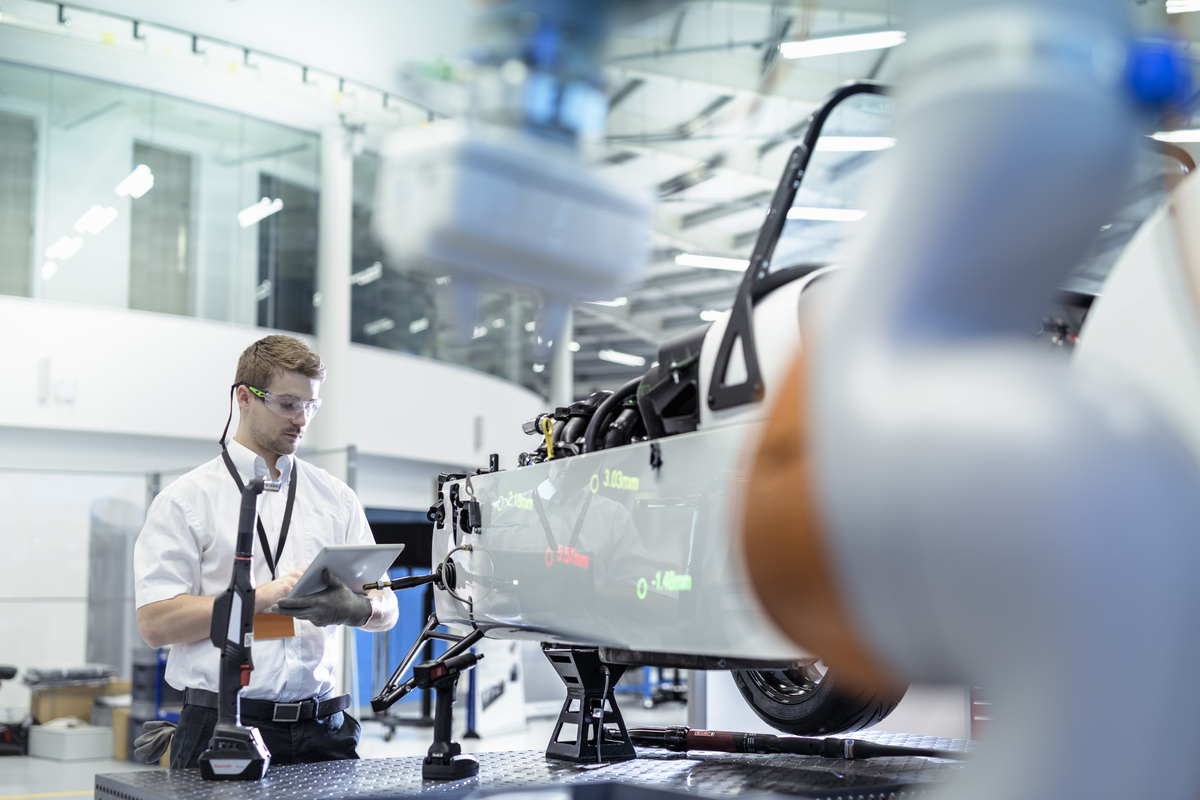
One dictionary definition of a mentor is as a “trusted counselor or guide”; a “tutor” or “coach”.
So what does the term actually mean in practice? When we imagine “who” a mentor is, we might picture an experienced and knowledgeable person – someone who knows and cares about us. If we ask the question “what does a mentor do?”, one answer is that they offer wisdom and invest time in understanding their mentee, including their strengths, weaknesses and aspirations, then provide useful guidance to support them.
But if we put aside the imagery of who a mentor is and focus on what a mentor does – understanding you deeply as a person and applying wisdom gained through experience – could it not be true that, with access to the right data about an individual that artificial intelligence (AI) can fulfil this role? AI has the potential to have more precise and personalised knowledge of a person, including their self-declared and implicit skills and their deepest aspirations.

AI’s vast capabilities in collating data, machine learning and personalised recommendations gives us room to usher in a new era of career mentorship that all employees can access. With accrued data on learning and development, insights into skills gaps and a wealth of information on past performance, combined with a consumer-grade experience in interpreting career aspirations, AI is equipped to understand an employee’s current position, identify areas for growth in their career and map a journey to take them there.
Mapping my own mentorship journey
Throughout my career, I benefitted greatly from hands-on experiences with mentors who provided guidance and constructive feedback to help me develop. Without mentorship, I wouldn’t be where I am today. I began my career journey in GE’s Technical Leadership Program, which I joined as an engineer after graduate school. Through this program, and by engaging in learning and organisational development offerings at GE, I acquired new skills and knowledge beyond my domain expertise.
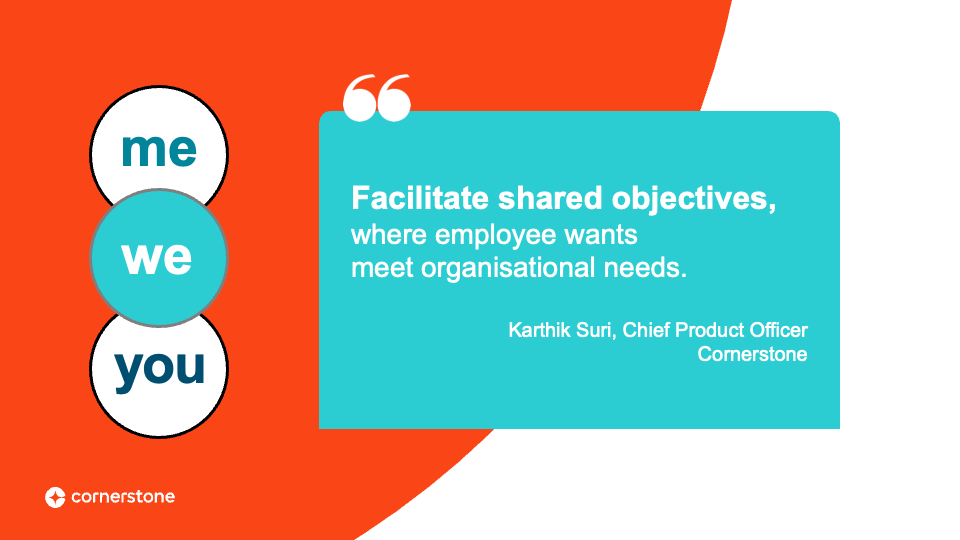
At the time, upskilling for digital transformation was a priority across all businesses. Through formal learning experiences such as Design for Six Sigma in Engineering and situational leadership courses, I broadened my skillset, becoming well-equipped to work in this new era. And the rotational program that GE offered rounded out my formal education with lived experience.
Career mobility was deeply interconnected to learning, performance and succession at GE and mentors played an integral role in facilitating career mobility and personal growth. My mentor pushed me to take on business planning, strategy and financial planning roles beyond my comfort zone of product and engineering, encouraging me to continually expand my knowledge and skillset. Even after I left GE and entered consumer tech, I had a strong background of operational discipline, but I had to learn how to keep up with the pace of change in the industry.
Strong mentors and their guidance in learning modules, courses and which conferences, gigs and projects I should lead really made a difference in my career trajectory and eventually performance and growth.
My point of sharing that story is that this same kind of mentorship is now also possible through AI tools, opening access to everyone. These tools can recommend learning and development courses, other jobs that you might be a good fit for, or even temporary assignments to address an area for experiential learning and upskilling, and much more.

Ushering a new era of people growth by democratising mentorship
While I was lucky to have these people in my orbit, not everyone has the same access to mentorship. But with AI, I envision a world where all employees can have access to tailored career advice and insights.
AI can conquer many of the barriers that make democratising mentorship difficult – accessibility, scalability and continuous learning opportunities. With AI, organisations can make mentorship resources readily available, whether through videos, online learning and development tools or mobile apps. AI is a scalable solution, equipped to handle many users looking to access personalised guidance and advice. In addition, AI is always accruing more data and information on users, enabling the system to constantly provide its mentees with new content to engage with.

AI can perceptibly identify the gap between stated and unstated career intent, can assess the trajectory one has been in, can neutralise bias (this has to be done programmatically, as a priority) that may have stunted growth in an individual, can widen their options, and make win-win propositions that benefit the employer and the employee. This is all powered by “longitudinal data” over a long period of time, and compiled from vast number of people, across disparate points of interaction.
Research has found that underrepresented minorities are more comfortable having this initial discussion (case in point: career mobility) with a tool than a person. AI can analyse individual profiles and career goals, and offer personalised recommendations. Through understanding the unique needs and aspirations of each mentee, AI mentors can offer tailored guidance and suggest relevant courses and L&D opportunities for them to acquire a new skill or home in on existing one.
With AI there is always the possibility to learn more. Mentees can continuously learn and update their knowledge as new information becomes available. With data-driven insights, AI can recognise patterns in an employee’s performance and identify key areas for growth. By harnessing the power of data, we can reveal our ability to perform under different circumstances and styles, and access a whole world of learning tools of all kinds.
We’ve achieved the next democratised industry
We have seen other industries democratise opportunities that used to be reserved for a select few. For example, ride-sharing companies democratised the “limo”-type service previously reserved for the privileged few. And new media has given content creators and artists the ability to connect directly with fans, something that was once exclusive to record companies and their PR agencies.
With AI, we can be the next example of democratising an industry. We only need business leaders to get onboard and prioritise this experience for their people. It’s important because we get to truly unleash the limitless potential in people. When human potential is harnessed and advancements in technology are responsibly made, the world is a better place.

Karthik Suri is Chief Product Officer at Cornerstone, where he leads product strategy, development, delivery and alignment of the company’s world-class learning and talent development solutions.
Prior to Cornerstone, Karthik held positions at Invitae, where he was head of Global Projects and Technology, and as COO at GE Digital. He has also worked in leadership roles at PayPal, eBay, Magento, Yahoo! and Barclays, and is presently on the board of directors for Junior Achievement of Northern California.
Karthik holds a Bachelor’s degree in Mechanical Engineering and a Masters degree in Chemistry from BITS, Pilani, India, a Masters in Industrial and Systems Engineering from The Ohio State University and a dual MBA from Columbia Business School and University of California, Berkeley, Haas School of Business.
To find out more about Cornerstone, click here.

Business Reporter Team
Most Viewed
Winston House, 3rd Floor, Units 306-309, 2-4 Dollis Park, London, N3 1HF
23-29 Hendon Lane, London, N3 1RT
020 8349 4363
© 2025, Lyonsdown Limited. Business Reporter® is a registered trademark of Lyonsdown Ltd. VAT registration number: 830519543


